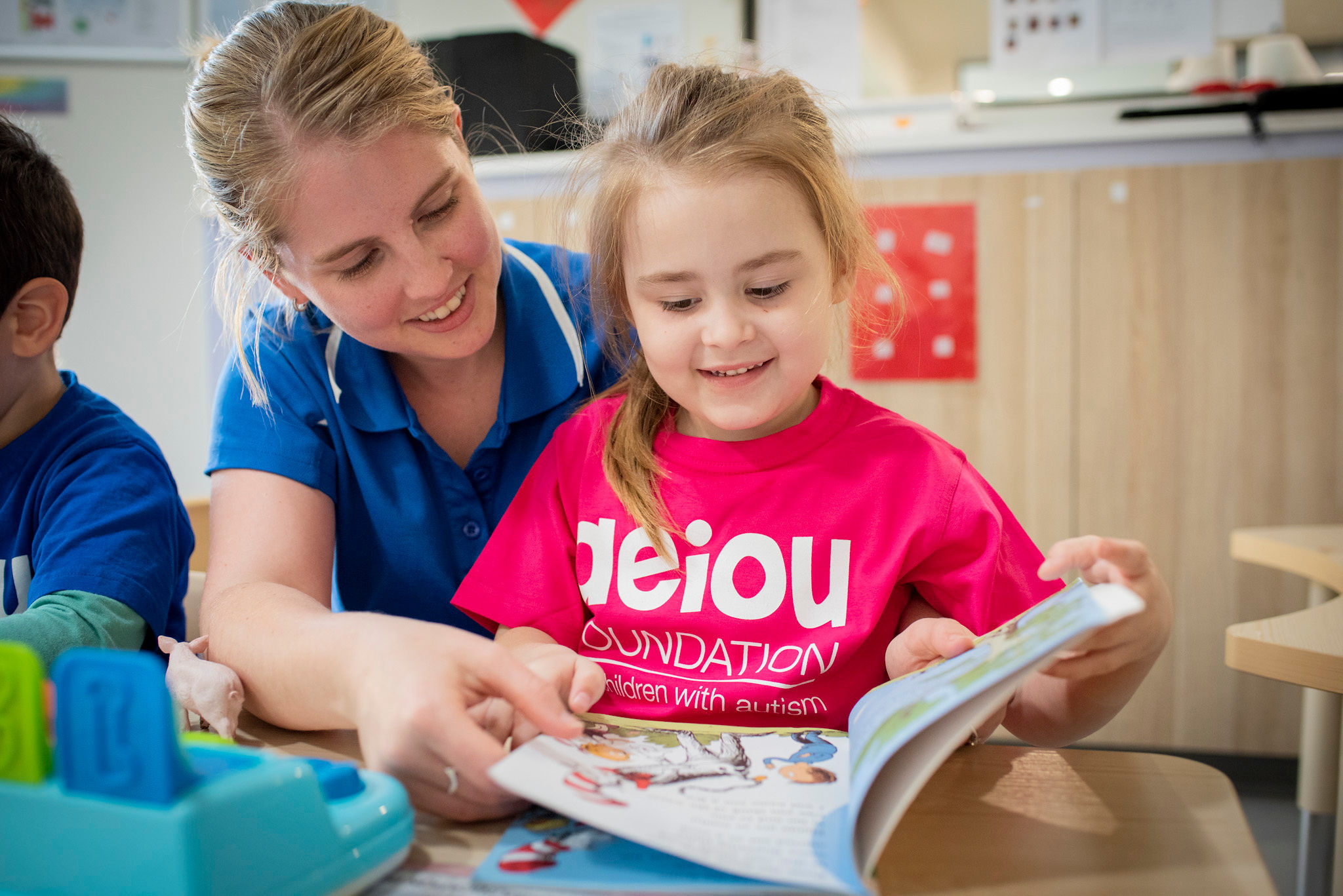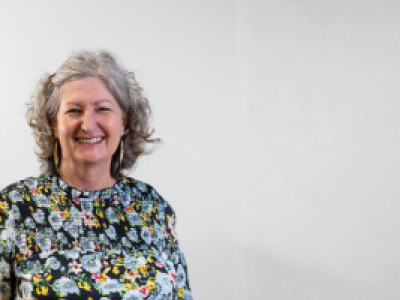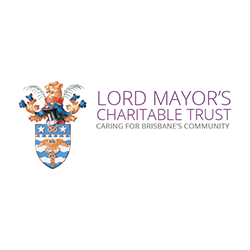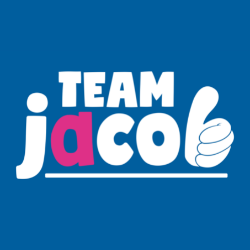
Written by Kate Schatz, AEIOU Program Coordinator and Senior Occupational Therapist
As an occupational therapist the most common question I am asked is: “What does an occupational therapist do?”
Much of the confusion lies in the term “occupation”. In occupational therapy, it refers to the everyday activities that people do to occupy time and bring meaning and purpose to life. Occupations include things people need to, want to and are expected to do (World Federation of Occupational Therapy). It is anything a person does to occupy their time. Ultimately, an OT works with people to develop skills so that they are able to do what they want and need to do everyday.
At AEIOU, Occupational Therapists are a vital part of the early intervention team. We work with children with autism and focus on areas including:
- Toilet Training – learning to use the toilet rather than nappy
- Play skills – using toys in a functional way in order to then play with others
- Social skills – sharing enjoyment with an adult or asking a friend to play
- Mealtimes – using utensils or tasting different foods
- Self-help skills – teeth brushing and getting dressed
- Fine motor skills – doing up buttons or using a pencil
- Gross Motor skills – climbing or jumping
For children with autism, many of these occupational roles do not effortlessly develop, and instead require specific targeted support to learn. The great news is that with the right intervention these skills can be learned!
The overall aim of Occupational Therapists at AEIOU is to provide children with the life skills to be a functioning member of society, by concentrating on the skills that the child needs to engage in their everyday life. This may mean breaking down skills into small achievable steps with a lot of support and reinforcement in order to work towards a long-term goal.
For example, to teach a child to go to the toilet we may put in place a program to increase the child’s fluid intake so they need to go to the toilet frequently (even every 5 minutes!) and give them their most favourite thing when they wee in the toilet. This means the child has plenty of chances to be and feel successful … and get the good stuff! This may just be the first step on the road to independent toileting. Before this even occurs, an OT will also look at teaching pre-requisite skills such as being able to sit on the toilet, wear underwear or follow the toileting routine.
I believe that if a child is not learning a skill, it is my responsibility as a therapist to modify my approach so that the child can develop the skill. We need to set the children up for success in order for them to learn.
This year Occupational Therapy Week shines a spotlight on the value of occupational therapy in our communities, as people re-engage and work their way through all the events that have unfolded this year which have affected daily routines, activities and employment. Even for young children.
At AEIOU we have a wonderful group of dedicated Occupational Therapists who work very hard with their team, parents and, most importantly, the children to achieve their goals. I’m proud to be an Occupational Therapist and part of such a great team.
Tags: Autism Awareness, Early Intervention, Occupational Therapy


































